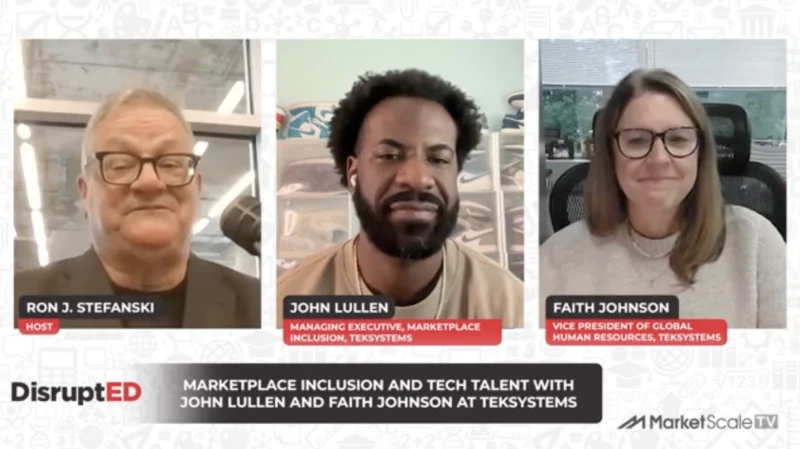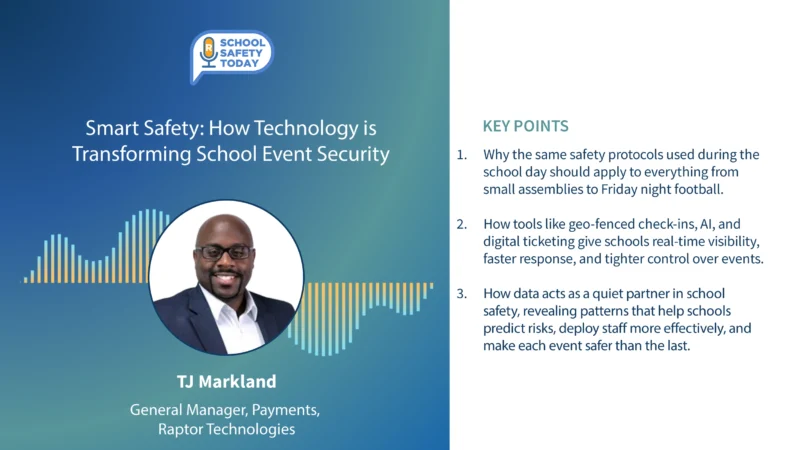Apprenticeships are the Key Alternative in Redefining Education Geared Towards a Successful Career
As the world grapples with an evolving job market and an era where the traditional college degree no longer guarantees a successful career, there’s a new conversation emerging around alternative pathways to employment. Underemployment rates for recent graduates is rampant and there’s a widening skills gap in the American workforce. Unfortunately, this has resulted in the stakes being higher than ever. But a new book proposes a timely solution, advocating for apprenticeships as a pathway that intertwines education and hands-on work experience. This pivot to apprentice raises an essential question for students, educators, and employers: Are apprenticeships the future of education and the key to a stronger and fairer America?
In the latest segment of “The Future of Education,” host Michael Horn had a thoughtful discussion with Ryan Craig, the author of “Apprentice Nation” and a visionary in the educational sphere. Craig, bringing his expertise from Achieve Partners and Apprenticeships for America, examines how apprenticeships could reshape the way we think about education and its role in career readiness.
Several main points of Horn and Craig’s conversation included:
- The persistent issue of underemployment among college graduates and the widening skills gap in the U.S. economy.
- The evolution of Ryan Craig’s perspective on higher education and employment, leading to his advocacy for apprenticeship models.
- The challenges of aligning traditional college education with the demands of the 21st-century job market and how apprenticeships could bridge this divide.
Ryan Craig is the Managing Director at Achieve Partners and co-founder of Apprenticeships for America. Craig is an expert in the intersection between education and the labor market. His literary contribution and the release of his book, Apprentice Nation, positions him as a thought leader in advocating for earn-and-learn models to create a more inclusive and effective educational framework.
Article written by Alexandra Simon.




